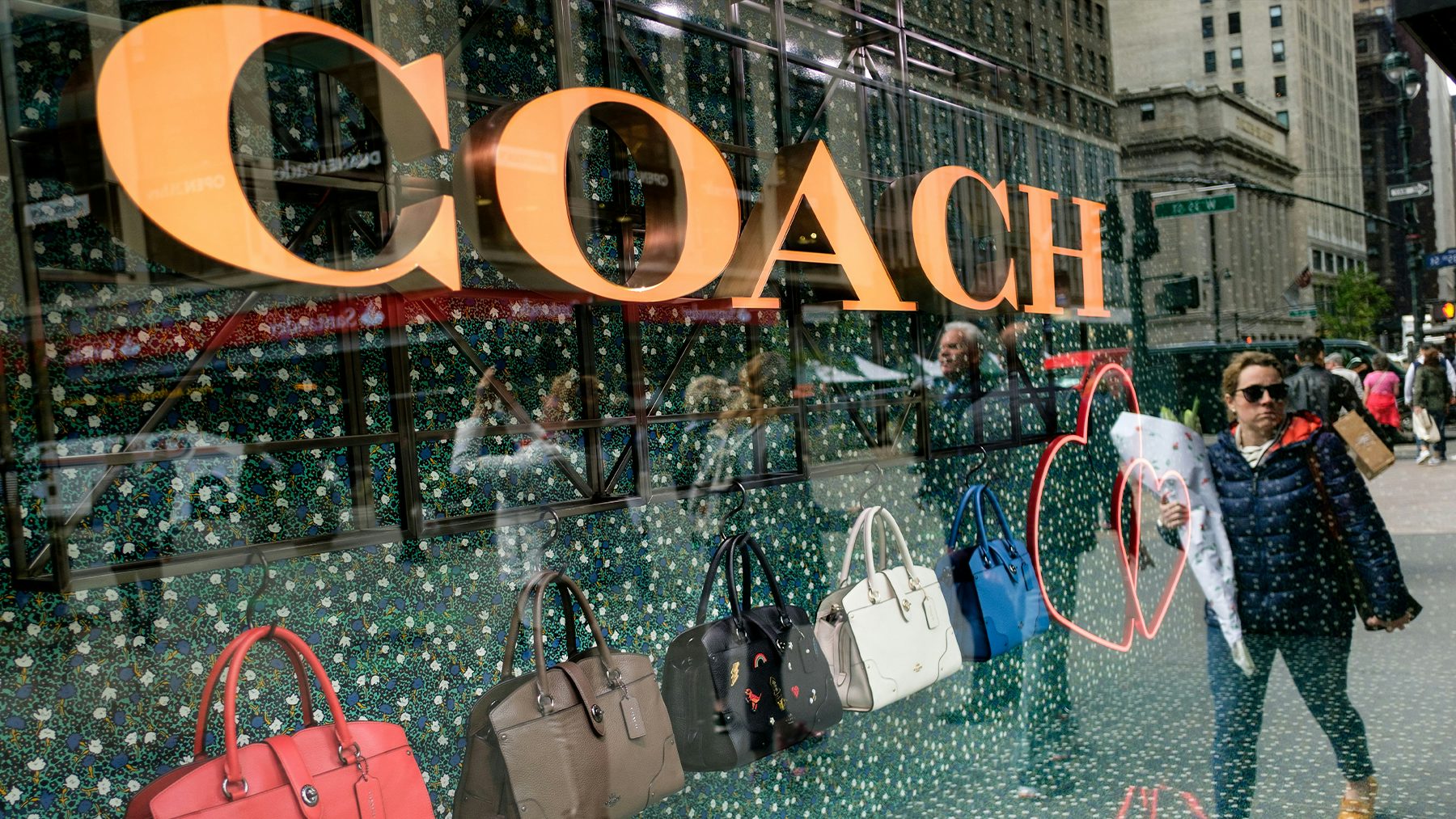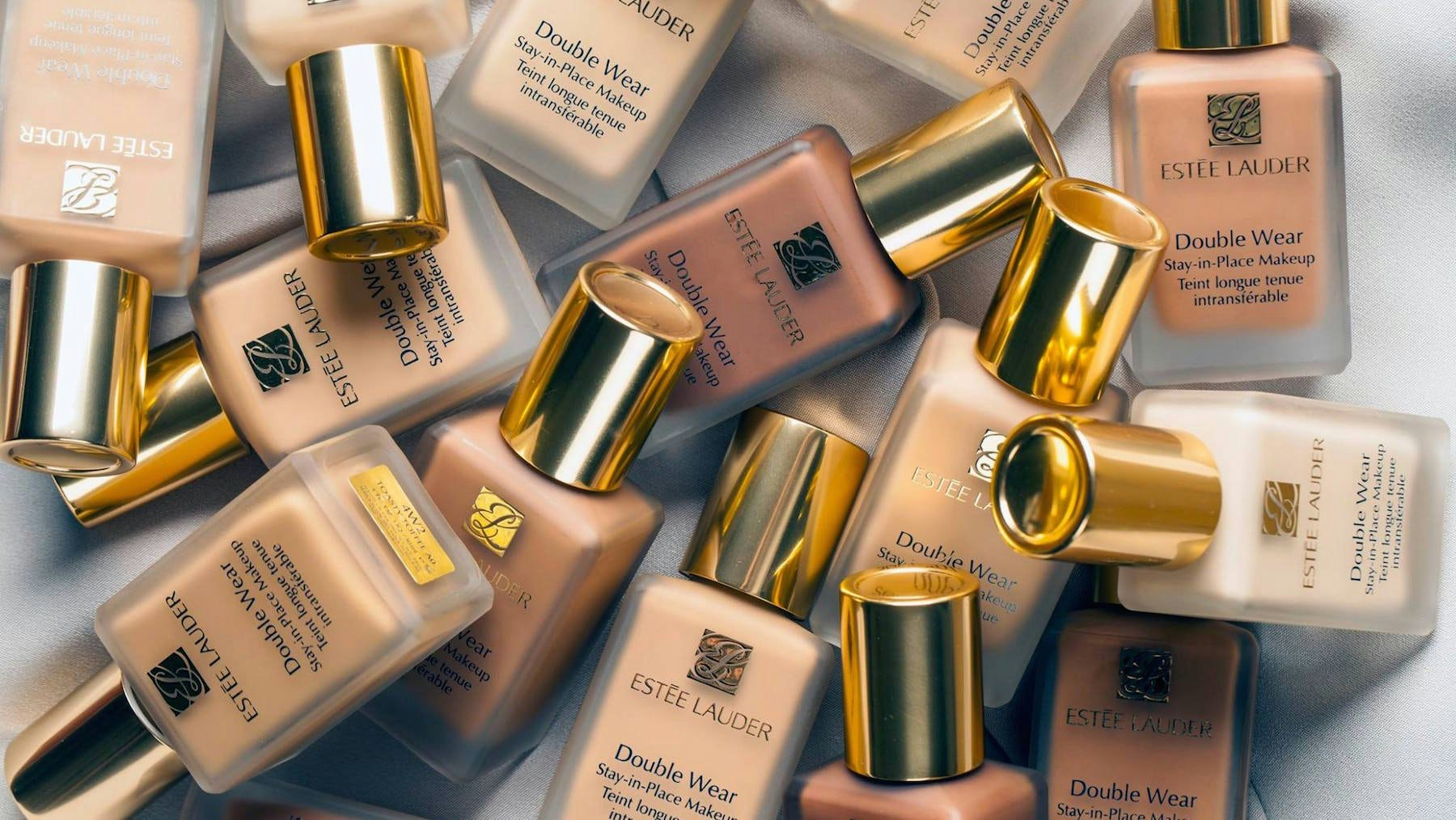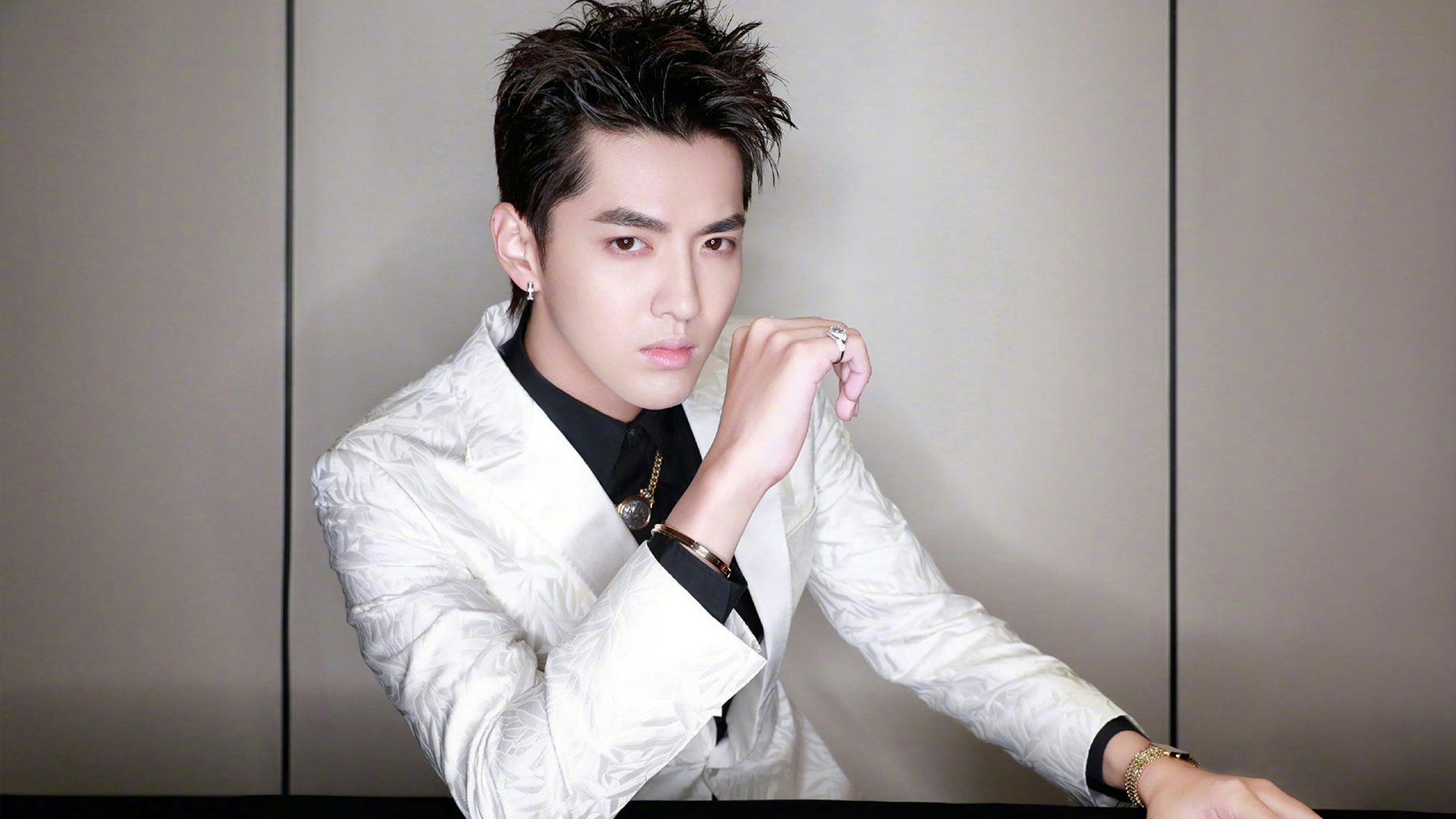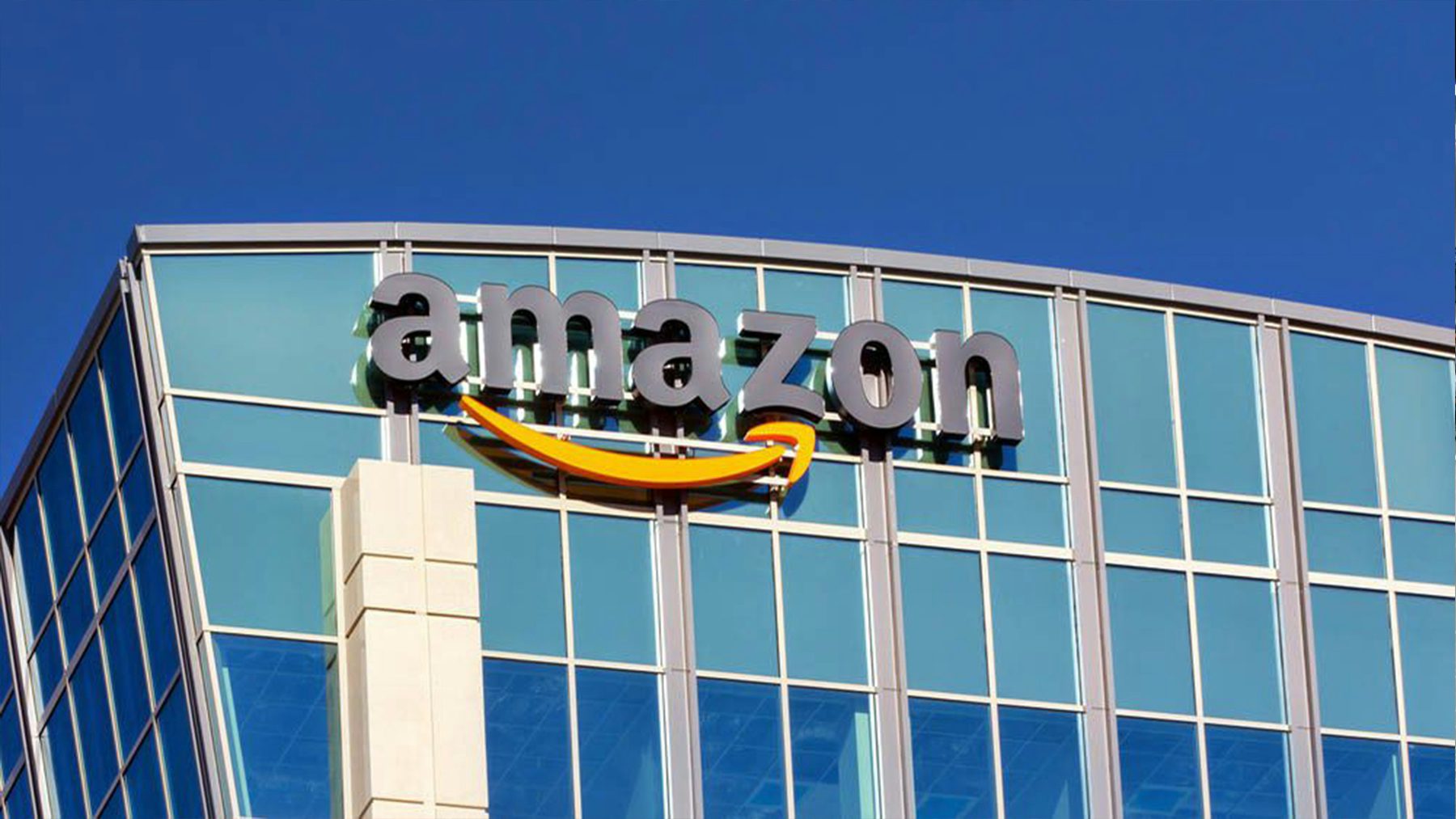No Vaccine, No Entry: The Pros and Cons for Retailers | This Week in Fashion, BoF Professional
This week, shopping malls from Paris to Jakarta asked customers to show digital vaccination records in order to enter, as governments imposed new rules designed to slow the spread of the highly contagious Delta variant while enabling the resumption of normal life.
For fashion retailers, vaccine mandates come with pros and cons.
Retailers are eager to get shoppers back to physical stores, which are uniquely powerful as stages for brand experience and where consumers typically spend more per visit than online, often at better margins. And anything that makes shoppers feel safer is likely to help.
In recent months, stores have seen a resurgence in foot traffic after more than a year of intermittent closures, but retailers may again suffer if the spread of the Delta strain isn’t contained. Already new outbreaks have disrupted retail sales from China to the UK.
“Traffic is coming back to stores, but it’s going to be a moving target,” said retail consultant Robert Burke. “Everyone wants to create a safe environment for customers.”
Ensuring the safety of employees is another critical concern, especially at a time when frontline retail workers are in high demand and retailers are under pressure to show greater interest in their well-being. Here, too, vaccination requirements can help.
But bringing vaccine mandates to retail comes with plenty of complications.
For a start, there’s the logistical challenge. While countries like France and Italy have swiftly adopted digital health passes, many major markets still lack the technology infrastructure for retailers to accurately and efficiently check vaccination status.
Vaccines are also highly polarising, especially in the US, where the population is deeply divided into those who favour inoculation and those who are “anti-vax,” and governments have yet to impose mandates, leaving retailers to contend with the issue alone. This presents a particularly thorny problem for large chains with customers on both sides of the political fault line.
What if consumers resist? As with mask mandates, enforcement typically falls to sales associates, who often lack sufficient training and risk abuse when asking customers to comply. That risks driving them to quit at a time when retail workers are already in short supply.
“Whatever a brand can do to make people feel more safe and secure and protected is vitality important,” said retail guru and BoF columnist Doug Stephens. “Let’s strip away the politics. Vaccination is a relatively practical health and safety issue, like wet floors are a health and safety issue. But where things begin to break down is enforcement.”
The power of law could certainly help to push things forward, taking a complex and difficult decision out of the hands of retailers and easing implementation. Indeed, it’s telling that in most countries, governments, not retailers, have made the first move.
“Everyone wants to create a safe environment for employees and customers, but retailers are hesitant,” said Burke. “It’s only going to happen when governments mandate it. If governments had a requirement, many retailers would be happy. And they would have the right to enforce it.”
THE NEWS IN BRIEF
FASHION, BUSINESS AND THE ECONOMY
The Coach handbag maker’s rebound has been fuelled by the vaccine-aided reopening of economies. Getty Images.
Tapestry beats quarterly sales estimates on luxury rebound. Net sales rose to $1.62 billion in the fourth quarter from $714.8 million a year earlier, topping analysts’ average estimate of $1.56 billion. The Coach handbag maker’s rebound has been fuelled by the vaccine-aided reopening of economies which has boosted demand for designer apparel and purses.
Farfetch reports second quarter results ahead of expectations. The luxury e-commerce retailer reported its revenue increased 43 percent year-over-year in the second quarter. The company’s gross merchandise value was up 40 percent this year, and doubled compared to the second quarter of 2019 — exceeding $1 billion. The strong earnings come in the midst of recovery in the luxury sector after a tough pandemic year.
Pandora jewellery sales top pre-pandemic levels as US shoppers splash out. The Danish jewellery maker said quarterly sales were up 63 percent in the US compared to 2019, as massive financial government stimulus and vaccinations against Covid-19 fuelled spending on goods and services. Sales in China, the world’s largest jewellery market, fell 13 percent in the second quarter compared to 2019.
Xi Jinping’s call for wealth redistribution sends luxury shares down. The Chinese president’s statement that he aims to restrain “unreasonable incomes” and expand the country’s middle class sent LVMH’s share price down 5 percent in the trading day that followed his remarks. Kering fell 3.6 percent and Burberry lost 5.5 percent.
China’s retail sales growth slows, missing expectations. Natural disasters and sporadic outbreaks of Covid-19 trimmed year-on-year growth to 8.5 percent last month, according to data released Monday by the country’s National Bureau of Statistics. Analysts had expected an 11.5 percent increase.
Chanel to show its cruise collection in Dubai. Chanel will take its 2022 cruise collection, first shown in the south of France, to Dubai on November 2. It’s a return to the United Arab Emirates for the brand, which presented its 2015 cruise collection there.
Lululemon invests in sustainable materials company Genomatica. The fitness apparel giant announced it will replace the conventional nylon in some of its apparel with Genomatica’s plant-based alternative. The companies did not disclose the size of Lululemon’s investment.
Allbirds expands into activewear. The direct-to-consumer brand’s new range includes leggings, shorts and tank tops made entirely from natural materials. The company will label each product with its carbon footprint and offset those emissions. The expansion into the booming sportswear market comes amid signs it is preparing to go public.
Old Navy to normalise plus-size apparel in growth push. All the brand’s designs will now be available in larger sizes and the plus-size section of stores eliminated. The retailer will also no longer charge more for its plus-size clothing and it will use a wider variety of models on its website and mannequins in stores.
Shein to launch a design competition TV series. The show will follow 30 emerging designers as they compete to win $100,000 and will feature a star-studded panel of five judges, including Christian Siriano, Law Roach and Khloé Kardashian. The four-part series begins on August 22 and will be available to stream on Shein’s app and social media platforms.
Jack Wills founder relaunches Aubin brand with backing from Next. The British high-street retailer has taken a 33 percent stake in the label and will also provide e-commerce infrastructure to support its operations. The deal is the latest sign of Next’s ambitions to expand its influence following the pandemic.
THE BUSINESS OF BEAUTY
Strong online sales, increased demand in China and investments in its skin care products helped Estée Lauder top its quarterly sales estimates. Estée Lauder.
Estée Lauder tops quarterly sales estimates as demand for makeup rebounds. Strong online sales, increased demand in China and investments in its skin care products helped the cosmetics maker rebound from lower makeup sales in 2020. Sales in its makeup division surged 76 percent on a reported basis to $960 million in the fourth quarter ended June 30, marking a return to growth for the first time in more than a year.
Queer Eye’s Karamo Brown expands skincare brand to UK. Mantl, the skin care line for bald men launched by Brown with two Honest Company alumni in the US last year, expects to more than triple sales this year, with growth boosted by its UK expansion. The brand is among a group of companies seeking to tap into emerging demand as interest in men’s beauty products grows.
PEOPLE
Kris Wu has been formally arrested in Beijing. Shutterstock.
Kris Wu arrested following rape allegations. The Chaoyang District People’s Procuratorate in Beijing approved the arrest of Chinese actor and singer, Kris Wu, on suspicion of rape after a legal investigation, it said on its official Weibo account. According to legal sources, under Chinese law, the move shows that prosecutors and police have reasonable evidence to believe that Wu committed the crimes he has been accused of. When Wu was detained on July 31, he and his team denied the allegations.
Carré Sutton sues former Elite Model Management executives over rape claims. The suit filed last week in a Manhattan federal court alleges that Gérald Marie, then the president of Elite’s Europe division, “repeatedly raped” Sutton and later “trafficked” her to other wealthy men around Europe. It claims that Trudi Tapscott, who it says at the time was responsible for overseeing the welfare of newly scouted models, was negligent. Marie denies the allegations.
Hunter shakes up leadership. The British company, known for its rain boots, has appointed interim chief executive Paolo Porta to the role permanently. Porta joined Hunter in June 2020. The company also hired Sandra Romboli as global design director and Claudia Plant as chief marketing officer. Hunter is undertaking a turnaround geared to pivoting the company into an outdoor lifestyle brand.
MEDIA AND TECHNOLOGY
Amazon to open department store-like retail locations. Shutterstock.
Amazon to open department store-like retail locations. The first of the e-commerce behemoth’s large-scale retail locations will open in the US, according to The Wall Street Journal. Amazon’s existing smaller stores include bookstores and tech-focused shops, while the new department store-sized outposts are expected to include fashion and clothing, among them Amazon’s private label products.
Tencent, Weibo report Q2 jump in revenue and active users. The technology giant Weibo’s second quarter net revenue jumped 48 percent year-on-year, helped by a 47 percent rise in advertising and marketing revenue. Tencent’s second quarter revenue was up 20 percent year-on-year to 138.3 billion yuan ($21.3 billion). Tencent’s social media platform, WeChat, saw monthly active users rise 3.8 percent on the year to 1.25 billion yuan, in spite of a recent temporary suspension in new user registrations due to tightened data collection regulations.
Korea’s top antitrust regulator fines Coupang $2.8 million. According to the Korea Fair Trade Commission (KFTC), from early 2017 to September 2020, the Korean e-commerce giant forced hundreds of sellers to comply with unlawful sales and marketing policies. The move was to maintain its competitive edge over other online retailers amid a fierce battle in Korea for market dominance, KFTC said. Coupang said it will appeal the finding.
Compiled by Darcey Sergison.




